In early June, the European Union adopted the Solidarity Mechanism, under which all Member States are expected to normalize illegal migration. At the same time, the EU is making it more difficult for asylum seekers to obtain asylum, by prolonging the procedure and outsourcing the processing of applications primarily to transit countries in North Africa. With more than four million Ukrainian refugees to be received by the EU within the context of an ongoing systemic economic crisis and the hopelessness of the conflict in Ukraine, the EU leaders have once again demonstrated their inability to respond adequately to serious crises and their lack of providing adequate solutions to the geopolitical challenges they face.
While European Union leaders were busy discussing the new migration pact, on June 8, an immigrant in Annecy, France, injured several people, including children, with a knife on a playground, and three days later, on the outskirts of Stockholm, two people were killed and two others wounded in shootouts between gangs using automatic weapons.
Both crimes were committed by persons of immigrant backgrounds. However, the dissimilarity of the perpetrators' refugee status, origin and religion also highlights the lack of a functioning paradigm for the individual and community integration of immigrants. The perpetrator of the terrorist attack in France is a permanent resident in Sweden, and the participants in the gang war are Swedish citizens.
Sweden's government, elected last September, determined the fight against criminal gangs of with immigrant backgrounds to be a top priority. Confidence in the new leadership was severely damaged by the clashes last Christmas and on New Year's Eve. While the country's liberal migration and criminal justice system has produced a shocking subculture of violence, Prime Minister Ulf Kristersson has promised a paradigm shift in the criminal justice system, but so far there are few signs of a turnaround.
Young people, who enjoy immunity from criminal prosecution under Swedish law, are increasingly being sent to commit acts of violence, as was the case in the recent attack in Stockholm.
Max Akerwall, the Stockholm police chief, said that arresting a gang leader is not the answer because it creates a vacuum that leads to armed clashes between rival groups. The police currently have fifty-two such gangs in their sights. A whole violent subculture is therefore developing, for which the Swedish liberal immigration and justice system is indirectly responsible. According to the police, the inter-gang conflicts, which are often rooted in the rivalry for control of illegal drug sales, have degenerated into a cycle of shoot-outs. The term 'no-go zone' is deeply contested in Sweden, but in all cases it refers to a neighborhood where the authorities (and even ambulances) cannot enter for fear of attack. The number of foreign-born Swedes has doubled in the last two decades reaching two million, or one fifth of the population.
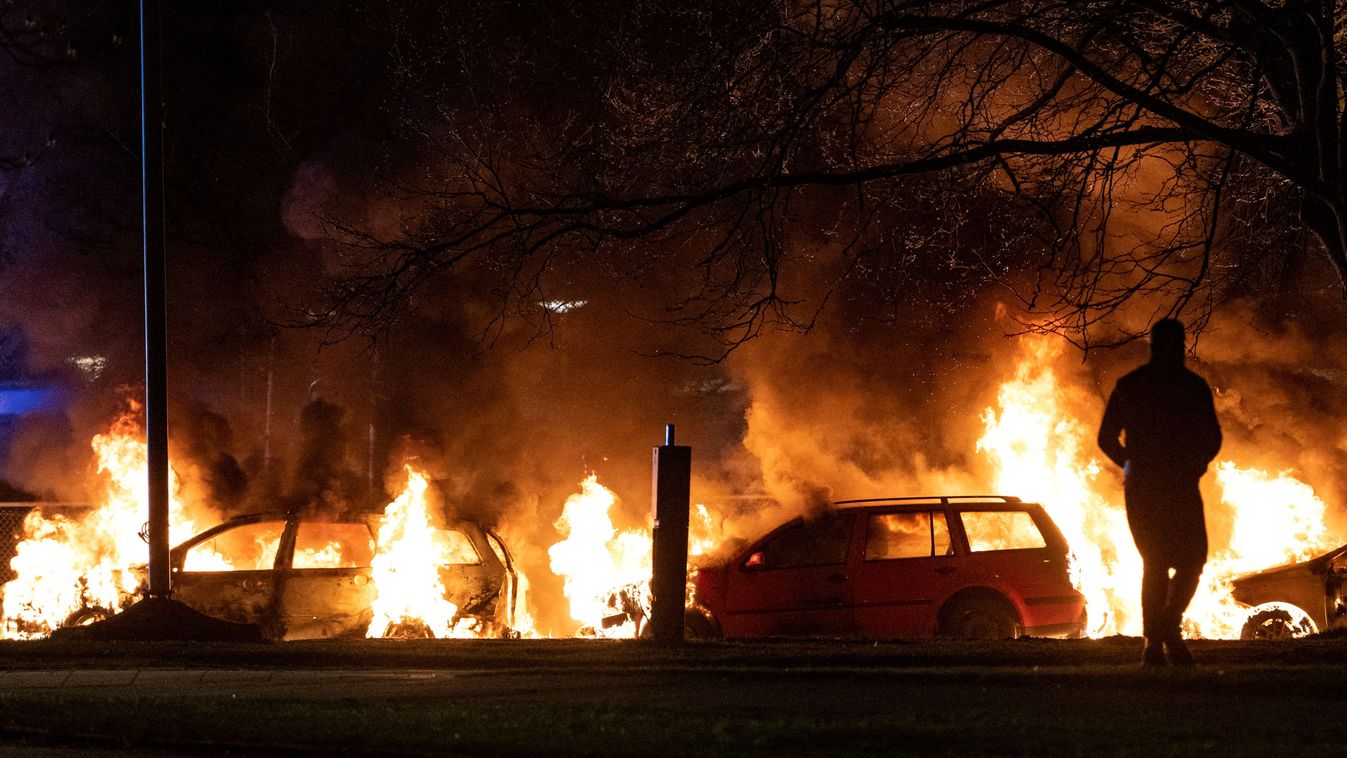
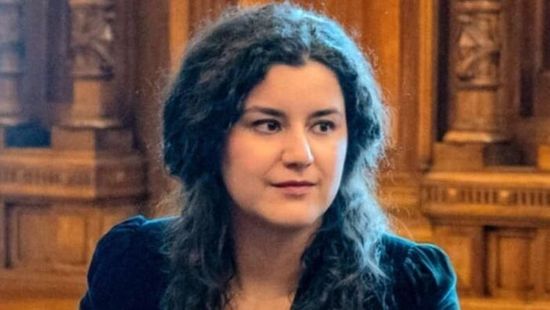
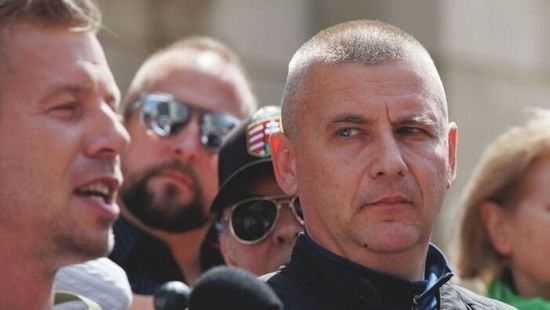
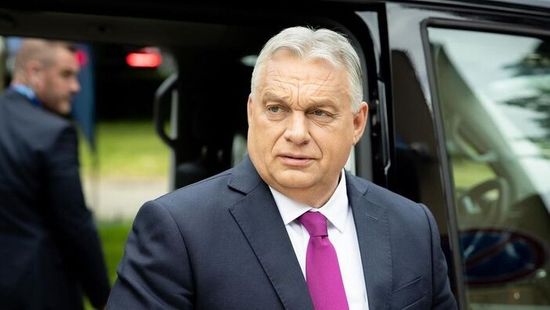
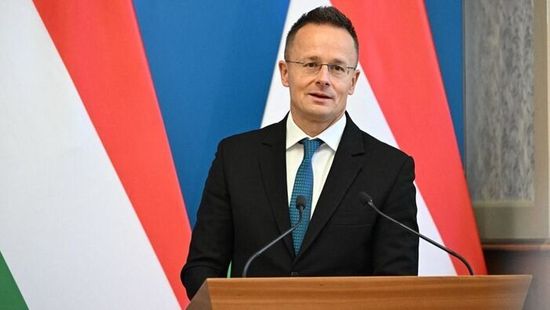

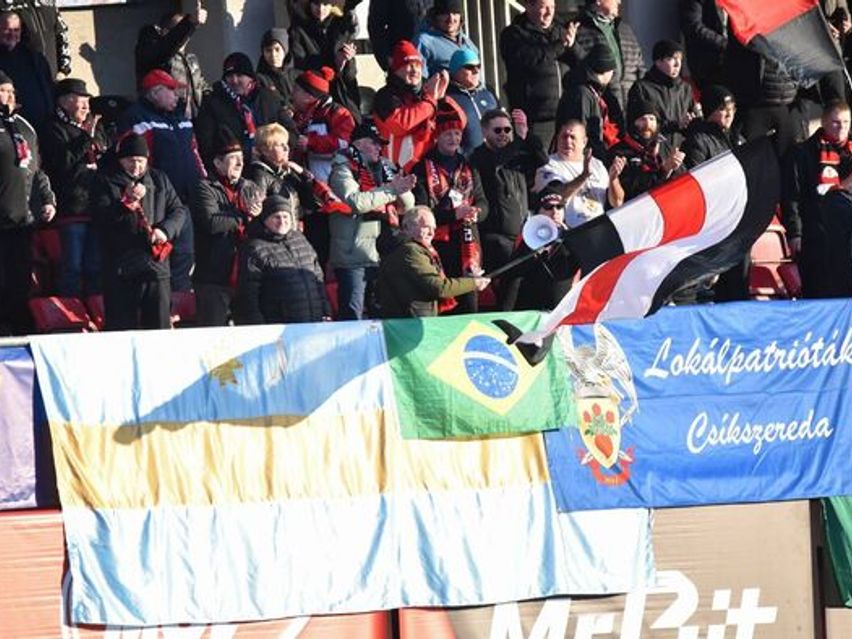
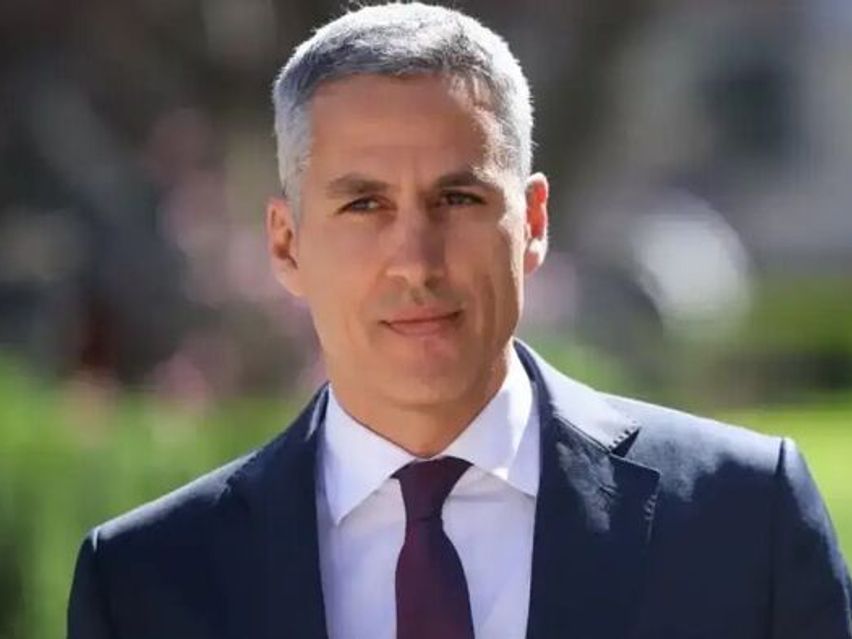

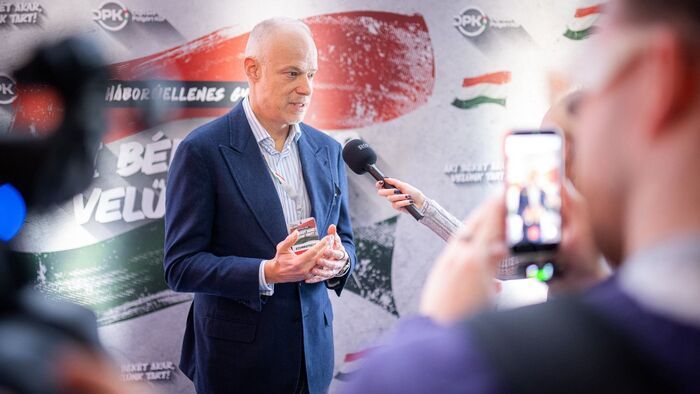

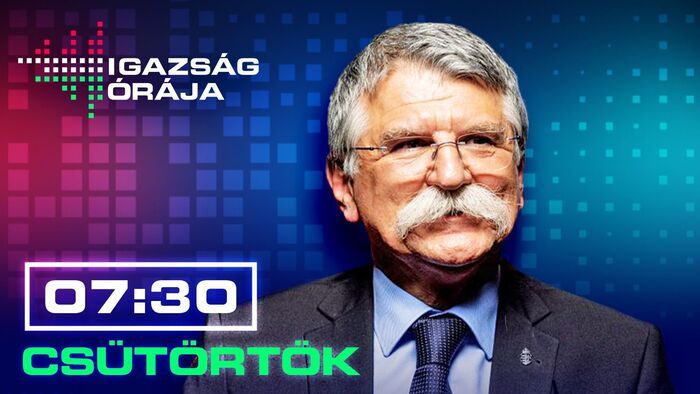
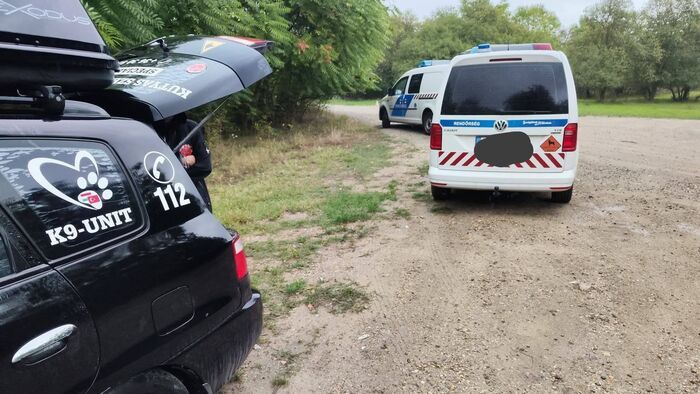

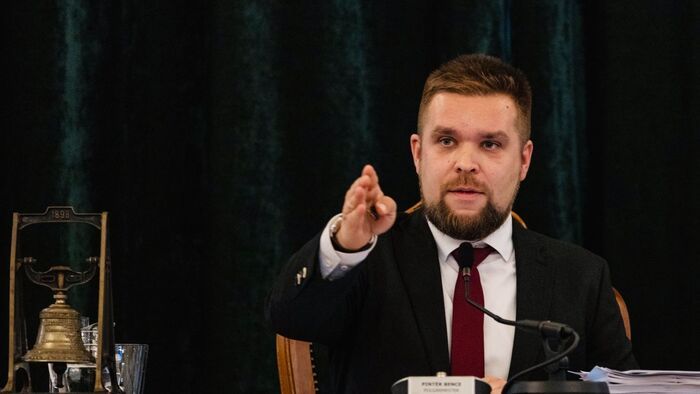
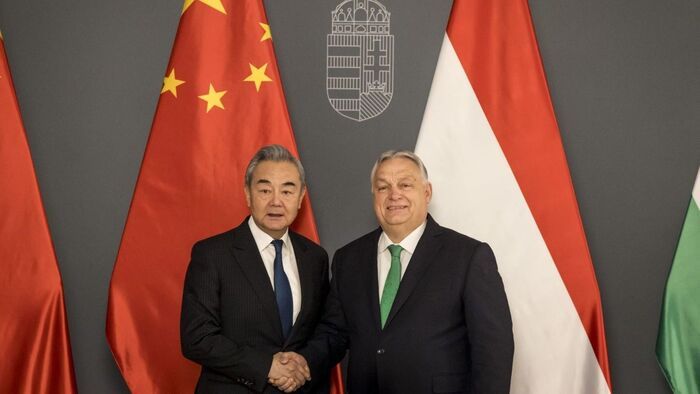

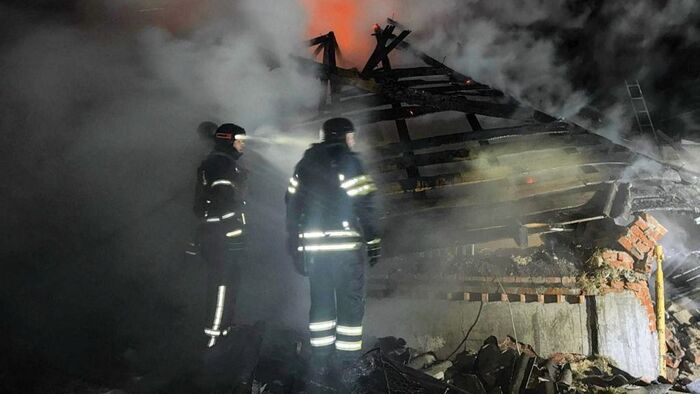
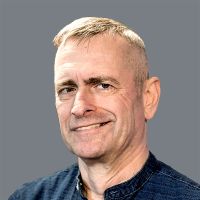


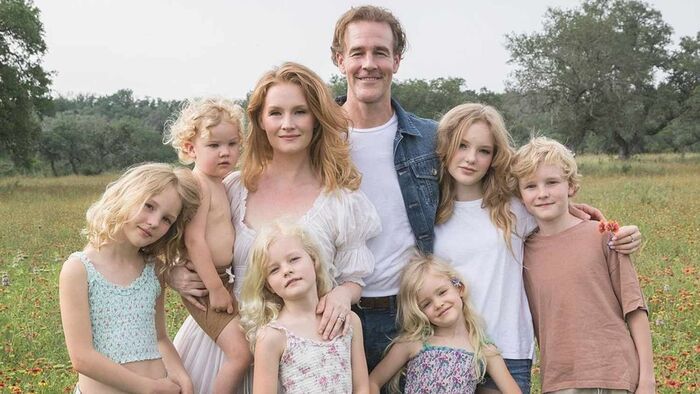

Szóljon hozzá!
Jelenleg csak a hozzászólások egy kis részét látja. Hozzászóláshoz és a további kommentek megtekintéséhez lépjen be, vagy regisztráljon!